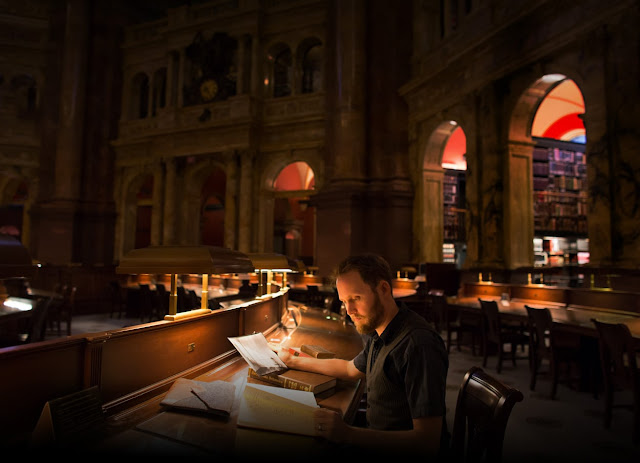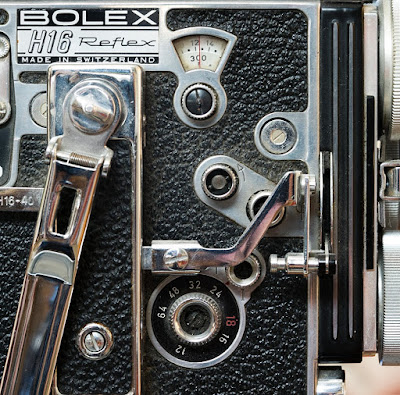Creeeeeeeeeak!
Sound design is really one half of film-making, and in many ways, my favorite half. I have fond memories from film school, crunching celery stalks and stomping around in boots for some home-made foley (which is when you make SFX on the fly while watching the movie play.)
That's one of the reasons I wanted to record as many original sound effects as I could for the game, using my trusty Zoom H4N mic. This personal library is being augmented with public domain sounds from freesound.org and a few SFX to which I've purchased the rights. Collecting sounds is only one part, however. Placing them is where the magic happens.
Every dial, switch, and action in the game needs a corresponding sound to give it weight and reality. If it's a frequently used switch, however, the sound can't be annoying - a lesson I've learned by testing the game a gazillion times. (Bad sounds gets annoying fast!) Sound helps communicate if the player made a right move or a wrong one. It conveys emotion and atmosphere. And unfortunately, it often gets neglected in indie games, much to their detriment.
I'd be remiss now if I didn't mention the legendary figure who taught me the ways of sound, my film school professor Richard Portman.
That's one of the reasons I wanted to record as many original sound effects as I could for the game, using my trusty Zoom H4N mic. This personal library is being augmented with public domain sounds from freesound.org and a few SFX to which I've purchased the rights. Collecting sounds is only one part, however. Placing them is where the magic happens.
Every dial, switch, and action in the game needs a corresponding sound to give it weight and reality. If it's a frequently used switch, however, the sound can't be annoying - a lesson I've learned by testing the game a gazillion times. (Bad sounds gets annoying fast!) Sound helps communicate if the player made a right move or a wrong one. It conveys emotion and atmosphere. And unfortunately, it often gets neglected in indie games, much to their detriment.
I'd be remiss now if I didn't mention the legendary figure who taught me the ways of sound, my film school professor Richard Portman.
"Sound is frozen time," Richard once told us in a Yoda-like koan of wisdom.
Richard had quite the CV, but was always very humble about his experiences. In his expansive career, he mixed everything from Star Wars to the Godfather and was honored by the Academy with an Oscar and ten nominations. If just 1% of his audio talents rubbed off on me, I'd consider myself lucky.
"Silence is as important as noise," he told us. "Because without moments of silence, the sounds loose their impact." I've taken that lesson to heart, which is why there are sections of the game where all you'll hear is the distant rumble of thunder and nothing else. He also told us to always think how sound supports the story. "If it distracts from the narrative, it's not doing its job. "
Wearing a long flowing robe, his hair tied back in an elaborate braid, Richard was like our film school's Obi-one Kenobi or Gandalf (and if you saw him string up a patch bay, you'd really think he was a wizard. I've never seen someone's hands move so fast!) Although he passed away in 2017, his legacy lives on in the lessons he taught us.





Comments
Post a Comment